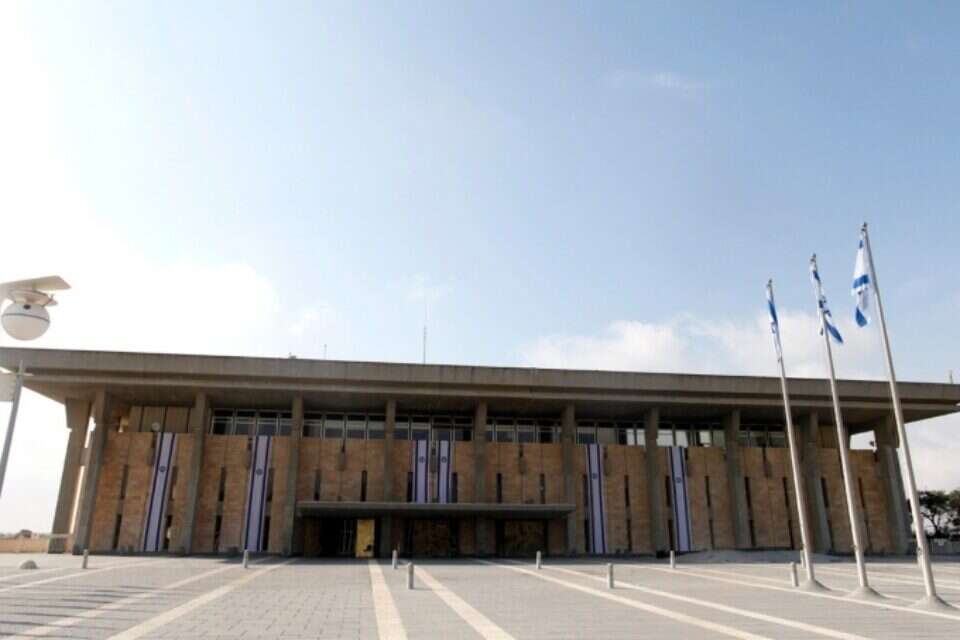We are used to criticizing the government for things it does – for example, coalition finances or legal reform – but avoid criticizing problems on autopilot, such as pensions and wage agreements or an existing or broken legal system.
It's easier for us to deal with changing something tangible than it is to engage in long-term thinking and the harms of not making decisions. For example, it is difficult to quit smoking, but it is "easy" to take anticancer drugs. We are unaware of the harms of bad habits, and even more so, we are blind to the benefits of future good habits we can accept.
The thing is, when a good decision is made based on foresight, we immediately take that decision for granted. Politicians and officials, therefore, have no incentive to make good decisions. If they make a good decision, they will forget the decision, but not its price; But they will criticize a good plan – they will be reminded of the protection of the public from the cost.
Many decades ago, in order to protect the public from ugly buildings with closed balconies, a regulation was passed that prohibits the construction of a balcony above another balcony. Thus were born the "skipping" balconies, and the equally ugly zigzag buildings. The decision, whose recipients no one remembers, caused tens of billions of shekels in damage. Hundreds of thousands of apartments were built with small balconies of low value, preventing families from receiving the full benefit of the apartment they owned. The value of tens of billions of shekels in Israel was destroyed before it was even created.
Only in 2007 was it decided to abolish this folly and began to build regular balconies, as they do all over the world. The makers of the decision, which created tens of billions of shekels worth of value in buildings built since 2007, were left without credit. Both the destroyers of the article and its creators remained anonymous. Although these are fateful decisions, no one has paid the price or been adequately rewarded, because in this system there is no incentive to make decisions that benefit the public.
Planning backwardness in the State of Israel is everywhere. Although the new ports in Haifa and Ashdod opened two years ago, they have not yet been connected to the rail network. In civilized countries, the train is waiting for the port, and not the other way around. For almost two years now, ports have been unloading containers on trucks, contributing to pollution, traffic jams and accidents.
Why does the port, which is a huge and vital project, have to wait for a rail extension that takes several months to lay? Because the planning institutions did not agree among themselves on something. Dozens of bodies – governmental, local, public and private – have veto power over the development of the country. They are not the ones who pay the price for infrastructure backwardness or harm to public welfare, but if anyone has any interest in opposing it, they will be happy to stop development.
The connection of ants is just one example. All rail development in Israel is several decades behind. Not because of budget problems or construction delays, but mainly because of the large number of veto holders. The vital fourth Ayalon track was stuck for a decade because of a dispute over several hundred dunams in an agricultural school and Ariel Sharon Park. The development of the light rail in Jerusalem, the planning of the future metro, the construction of new neighborhoods – all are stuck.
Recently, the Minister of the Environment tried to prevent the construction of new power plants because of local opposition and veto rights. Ironically, a week later, entire neighborhoods sat for hours in the dark because there was no electricity. The electricity shortage may have stemmed from a specific malfunction, but the big story is that the electricity sector is stuck because of veto holders. A straight line runs between those who are afraid to vote for and those who sit in the dark and in traffic.
The next time you think your apartment is too small or you're standing in traffic, suffering from the cost of living or sitting in the dark because of power outages – remember that it's because someone who had veto power over you.
Wrong? We'll fix it! If you find a mistake in the article, please share with us

